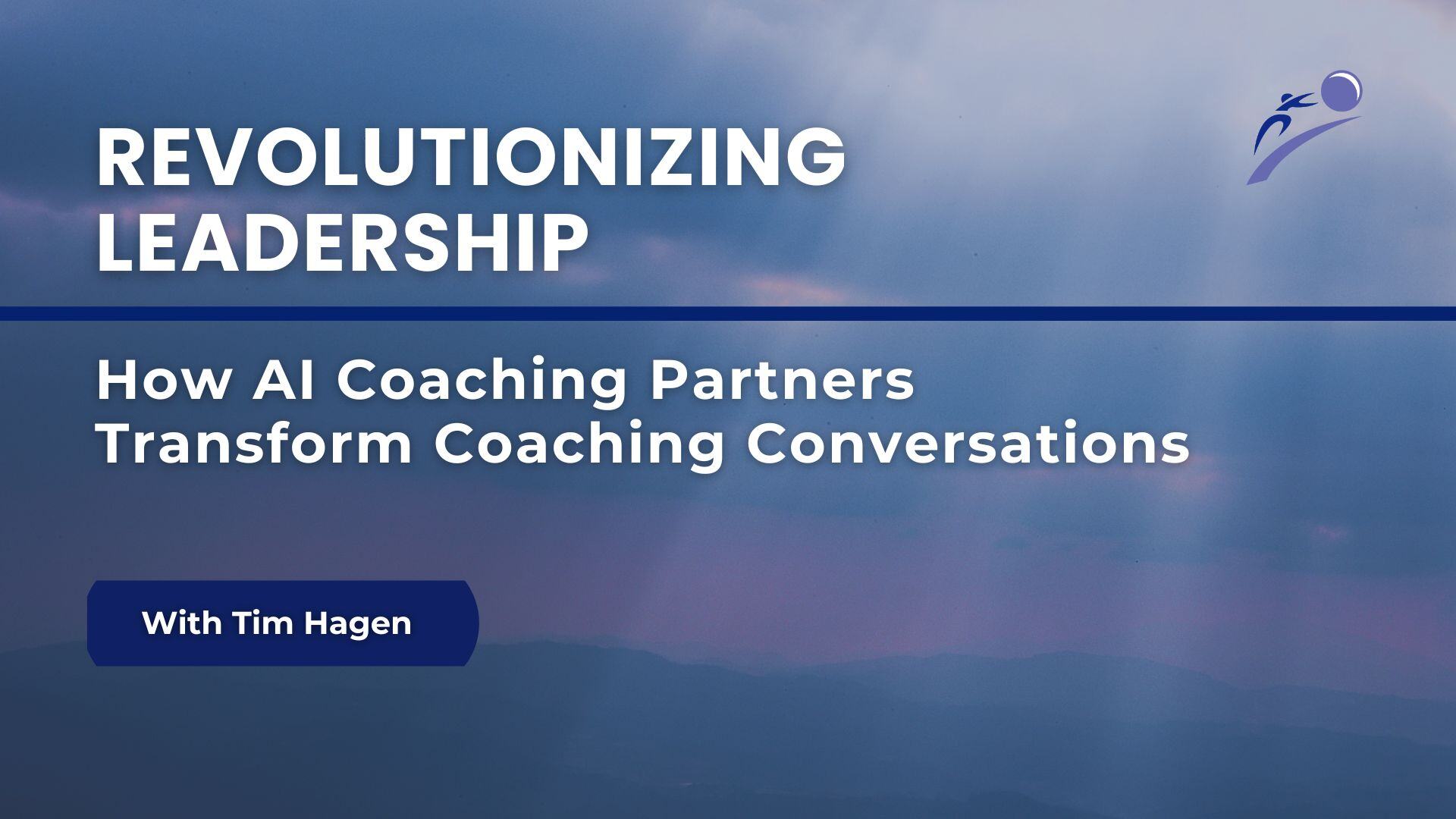
I've been in the practice of teaching and training managers how to coach their employees for over 20 years now. One thing that's been around even longer than that are assessment tools. Those tools are quite valuable, but we started to realize something. Many of these assessment tools are based on personality, and the output is usually canned pieces of information that require managers to interpret the data on their own in order to create a plan or coaching strategy specific to what they learned. This can be very complicated, convoluted, and quite frankly very difficult for managers, especially those who aren't yet skilled in coaching. In order to make this process easier for managers to immediately apply assessment results to tangible coaching strategies, we at Progress Coaching have created the Dual Assessment Strategy.
What is the end goal of why we take assessments in the first place? It's to understand each other in the workplace, and often times understand ourselves more and how we interact with our work environment. At the end of the day, we need a tool that helps the manager and employee to start having productive conversations about what's expected from the manager and what the employee's goals are within the organization. How do we do this without getting into the pitfalls of overly detailed assessment results? Here's how we organize our approach to bring managers and employees together:
- Involve both parties- Just like coaching is a two way street involving at least two people, the strategy behind assessments should look the same. By having both parties take assessments that get at the heart of workplace expectations, we're able to tailor a solution that takes both perspectives into account.
- Don't base interventions on personality- Personality assessments can be wonderful tools to help understand how people work and their interaction with the workplace. But at the end of the day, what do we really need to do? Figure out what the employee wants and what the manager wants, and create alignment.
- Base coaching on concrete observations and overall goals- Using tangible, easy to grasp outcomes specific to the workplace and beyond can help motivate and inspire employees, and allows managers to manage expectations. When you know how and why your employees are motivated, you can apply coaching strategies that speak directly to those areas.
- Make the coaching strategy easy to apply- We know that time is of the essence when it comes to coaching, and we want that valuable time to be used to develop and understand your employees. We will hand-craft the specific questions, activities, and learning projects you can use with each employee to deliver coaching conversations that develop and retain top talent.
As someone who has been training managers for over 20 years, we continue to encounter the fact that managers still need assistance beyond initial training when it comes to having conversations with their employees. With the Dual Assessment Strategy, we align managers and employees to have targeted conversations that center around positives, goals, and development rather than spending time figuring out how a person works within their work environment. While we think this is helpful, it's what you do with the information that counts when it relates to assessment strategies. By using a tailored coaching conversation specific to your employees' goals, you'll be off and running and keeping your talent where it belongs- within your organization.
Interested in learning more about how you can implement the Dual Assessment Strategy within your organization? Check out our upcoming webinar.





